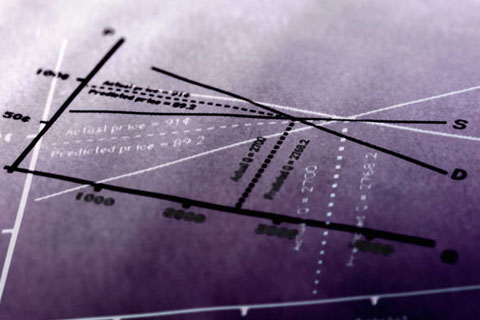


Everyone, not just statisticians, should know about probability because probability is the only satisfactory way to reason in an uncertain world. Probability is at the heart of the Bayesian method, which describes how your uncertainty changes with data.
Bayesian methods are now used routinely in the modelling of climate change and weather forecasting, in medical and health research, astrophysics, stock-market analysis, public policy, law, sociology, sports and wherever else probability is a problem. Because of the enormous surge in the interest and application of Bayesian methods in numerous areas, Bayesian statistics tend to be much in demand.
Modern computer-intensive resampling methods, like bootstrapping, randomisation and permutation tests, can help to provide a much better and clearer understanding of statistical inference concepts, including sampling distributions, standard errors, bias, confidence intervals, null distributions and the so-called P-values.
Classical t tests and confidence intervals give us inaccurate results when the data are skewed. Procedures based on resampling techniques provide a better and a more robust alternative in these and other circumstances.
We shall show how the modern computational methods and Bayesian inference may be implemented in practice using the power of R, a free programming language and software environment for statistical computing and graphics.